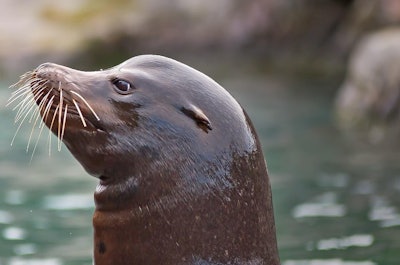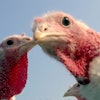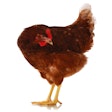
Brazil has reported to the World Organisation for Animal Health (WOAH) that the situation with highly pathogenic avian influenza (HPAI) in marine mammals has been resolved.
According to a WOAH report, the first case of HPAI in marine mammals was confirmed on October 3, 2023, but more than a month has passed since any such cases have been reported.
During that time span, 439 cases of HPAI were reported in South American fur seals and 578 cases were reported in South American sea lions. Of those, 381 fur seals died and 488 sea lions died.
The WOAH report included the following statement concerning the past and present HPAI situation: “Data on stranded, ill and dead pinnipeds has been collected on a regular basis and, after evaluation by the official veterinary service, these animals were considered new cases according to clinical epidemiological criteria, providing a more accurate picture of the situation in the region. … In January 2024, only three animals were found dead on the shore of Rio Grande do Sul, with no evidence that the deaths were related to the occurrence of HPAI vírus. During the same period, there were sightings of healthy animals returning to the sea after a period of rest.”
Brazil, the world’s largest exporter of chicken, has not had any confirmed cases of HPAI in commercial poultry flocks.
HPAI in Brazilian non-poultry birds
On the same day WOAH released an update on the HPAI situation in Brazilian mammals, it also issued a report on non-poultry birds.
The latest case was confirmed on January 29 in a common tern in Itapemirim.
Since May 15, 2023, the presence of HPAI has been confirmed in 1,333 wild or domestic non-poultry birds in Brazil. Of those, 369 were classified as domestic birds. Other wild bird species included in the report to date are Great Egret, Great Black Hawk, Roadside Hawk, Grey-headed Gull, Black-necked Swan, Snowy Egret, Tropical Screech Owl, Manx Shearwater, Common Tern, Royal Tern, Neotropic Cormorant, Brown Booby, Cabot’s Tern, Brown-headed Gull, Southern Lapwing, Magnificent Frigatebird, Crested Caracara, Antarctic Preon, American Golden Plover and White-chinned Petral.
View our continuing coverage of the global avian influenza situation.



















